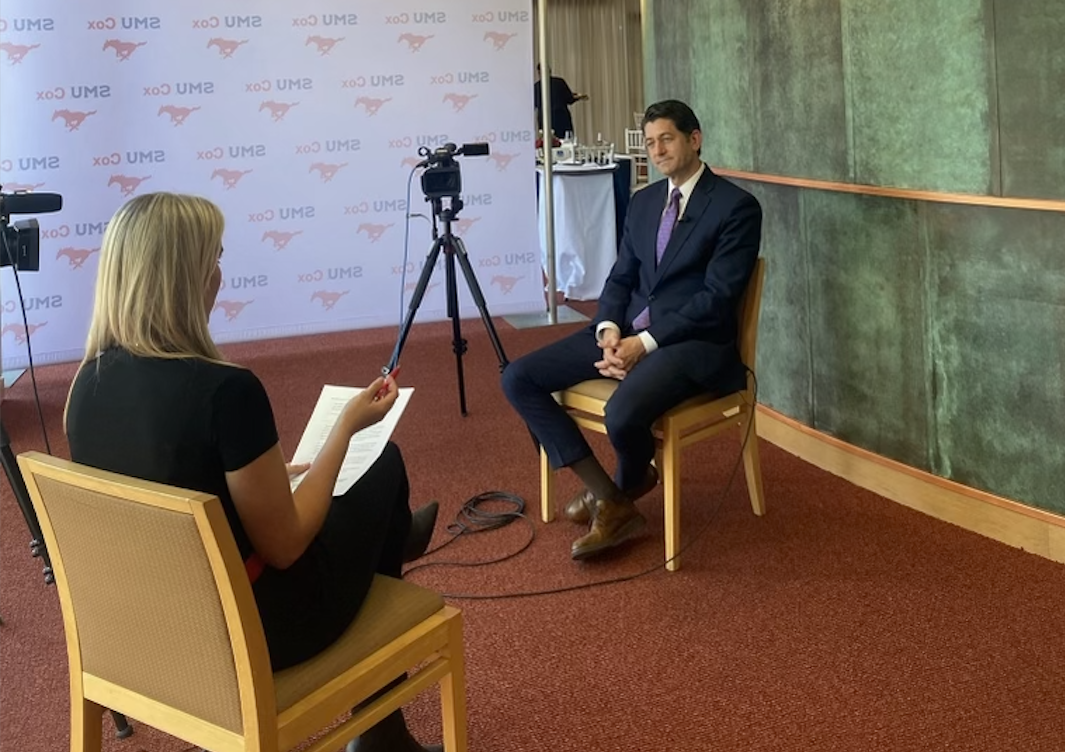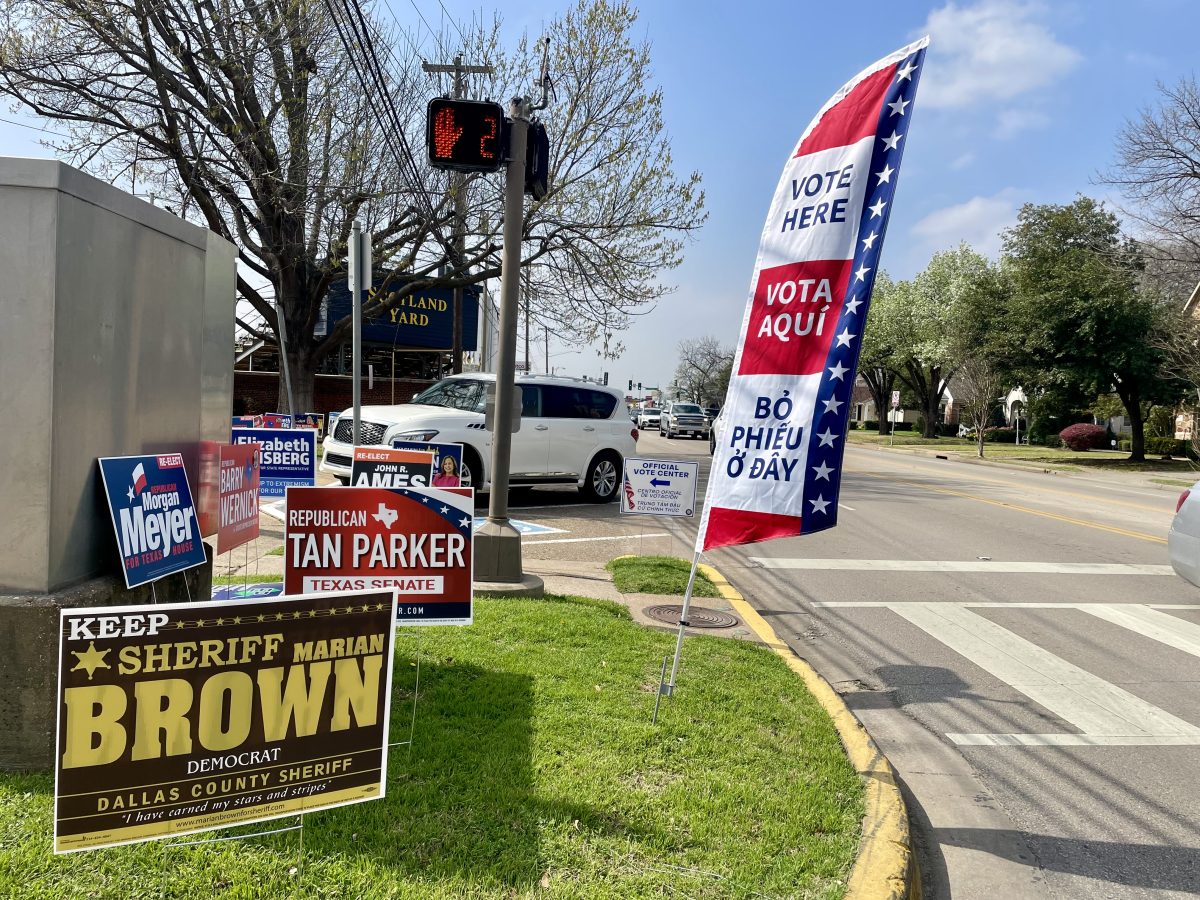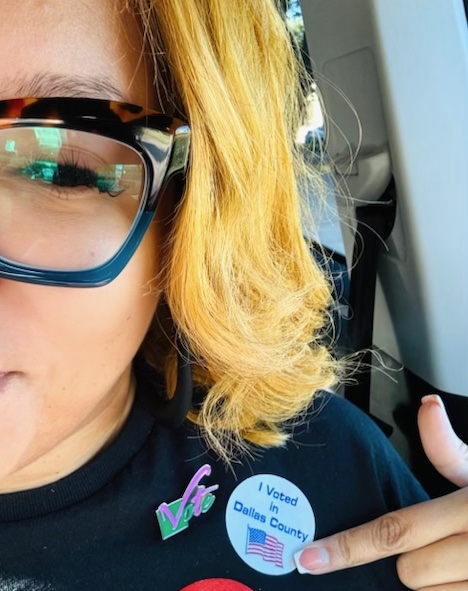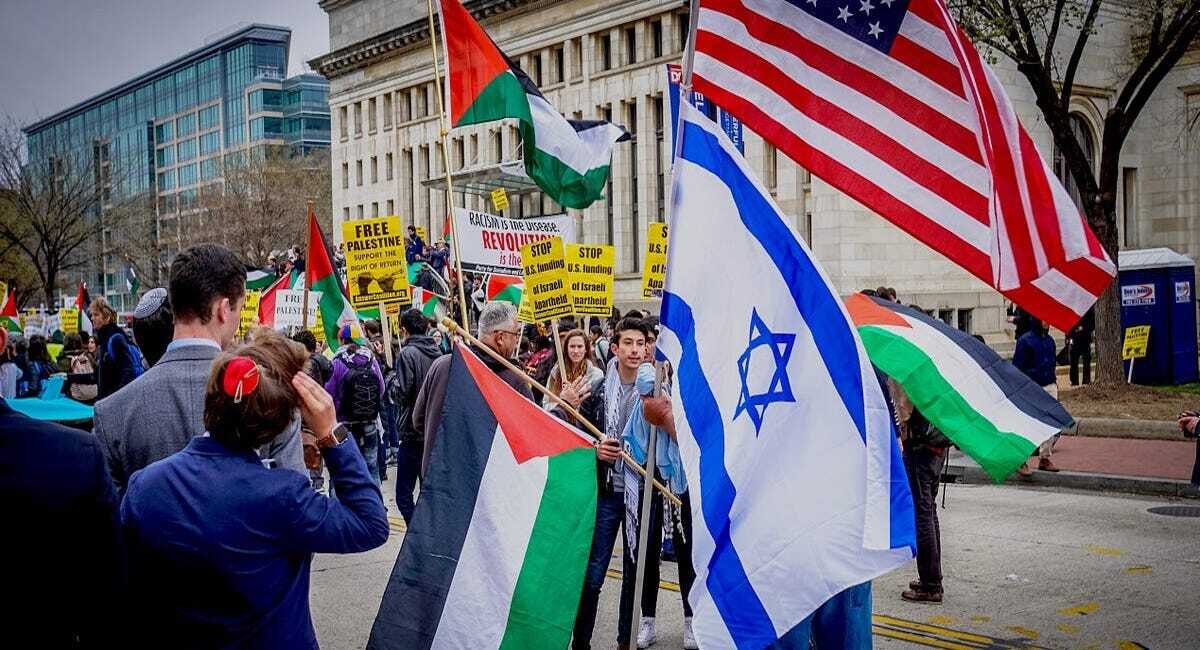The onset of social media has changed more than the ways in which people network and connect on the Internet, it also forever changed politics.
Today, especially with the upcoming election, the use and mastering of social media is more important than ever for politicians.
“Obama proved in 2008 the power of the Internet, in his ability to harness it and create his own brand,” Bradley Boeke, director of academic technology at Southern Methodist University, said.
President Obama raised 82 percent of his campaign fundraising online during his election campaign. In addition, he also used social media to collect a following of supporters, which he still communicates with via email and text in the White House.
Having a website is no longer enough for politicians said Boeke. They must also maintain other forms of social media like Facebook pages and Twitter accounts to be competitive.
All the current GOP contenders in the 2012 presidential race have both a Facebook and Twitter account. President Obama still maintains one as well.
“It will be interesting to see whether Obama can transition his success with social media in the last election to the current one,” Boeke said.
Obama has already hosted both a Twitter and Facebook town hall while president. The events, which were aimed at addressing the youth, covered economic issues and jobs. The forum was interactive, where users of the sites could send in their questions, which were then selected from for the president to answer.
Facebook was founded in 2004 by Mark Zuckerberg, a then Harvard sophomore. It is now one of the biggest websites in the world and said to be worth over $41 billion.
Twitter came onto the global market two years later in 2006. Jack Dorsey, an American software architect, created Twitter. It is now estimated to be worth up to $10 billion.
Together these sites offer a place for candidates to post their stances on issues, fundraise and get out important information to followers.
“The first thing I did in support of my candidate for president was go on his Facebook page and like it,” said Alyssa Gaines, member of SMU Students for John Huntsman.
In addition to liking a candidate over Facebook, supporters can learn more about their candidate’s interests, policy issues he or she supports and background information. Most importantly, it also creates a greater connection between the politician and constituent.
“Politics a hundred years ago and politics today all boil down to the same fundamental challenge: generating excitement and support amongst voters by making a personal connection,” Chad Cohen, the president of SMU’s College Republicans, said. “Social media makes it easier than ever for politicians and their campaigns to connect on an individual level with voters.”
If the 2012 presidential race were to be decided over Facebook, Obama would be the winner with over 24 million likes. Romney would be the GOP contender with over one million likes.
“With social media, it doesn’t take a lot of effort to be proactive,” Gaines said. “I can support a candidate much easier online and stay up to date with his or her campaign.”
With over 750 million Facebook users and 100 million Twitter users, candidates can quickly and cheaply reach a large base of their supporters, who will then take their message and amplify it.
In addition, the politician’s message can be filtered unfettered because it comes straight from the politician’s campaign, bypassing potential complications that can arise from traditional media outlets.
“In an ideal world, this should allow politicians to communicate their messages in the clearest, most accurate manner,” said Cohen.
In the 2008 election, Obama carried the young vote against his opponent, Senator John McCain, 66 to 32 percent. Social media undoubtedly aided him in getting the younger generation’s support. Most 18-24 year olds have a Facebook and Twitter account.
“Even just a year ago, I would have said social media, within the context of political campaigns, was primarily geared toward young people,” Cohen said. “However, as people 40 and older become more comfortable with social media, I think that it will become a tool politicians use to connect with all age groups.”
Whether trying to appeal to young or old constituents, candidates are revolutionizing the campaign trail by trading in yard signs for Facebook pages and Twitter accounts.
















